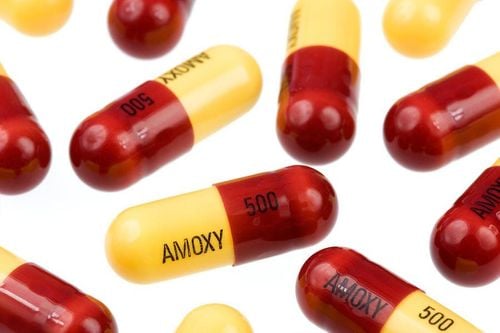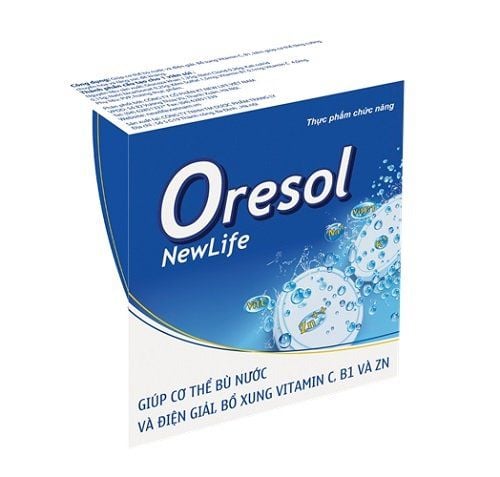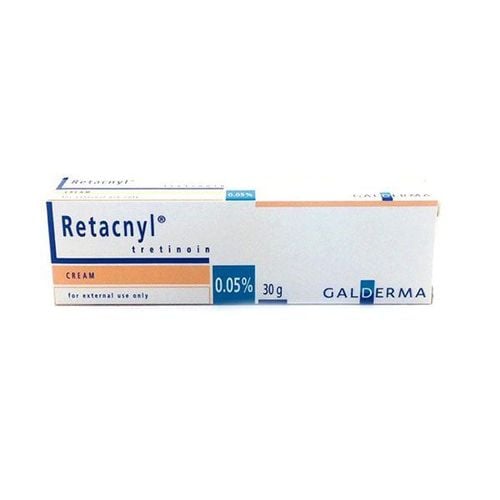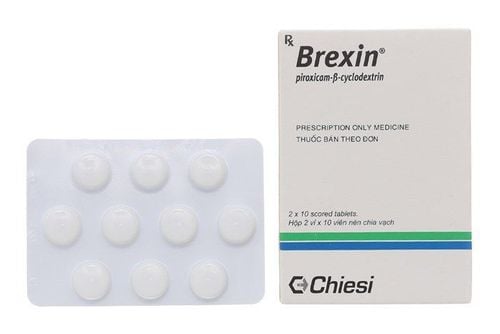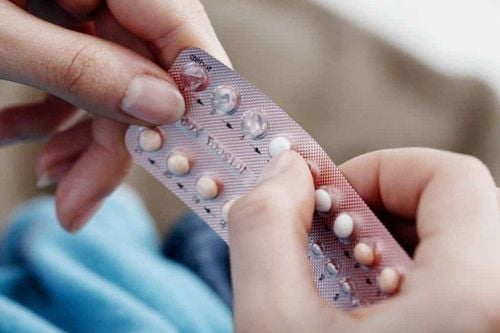The article was written by Pharmacist Duong Thu Huong - Vinmec Times City International General Hospital.
Aspirin is a non-steroidal anti-inflammatory drug (NSAID) used to relieve pain, reduce swelling, and lower fever. Its active ingredient, acetylsalicylic acid, is a synthetic derivative of salicylic acid.
1. The effect of aspirin on acne
In hot and humid environments, aspirin can break down into acetic acid and salicylic acid. Salicylic acid is an active ingredient commonly found in acne treatment products, which helps explain the effectiveness of aspirin for acne. It has properties that dry out the skin’s surface, aiding in the control of oil and sebum. In addition, salicylic acid possesses exfoliation properties that help remove dead skin cells, soften skin, and promote a brighter complexion. In theory, aspirin's anti-inflammatory properties can help reduce inflammatory acne, such as cysts and pustules. This types of acne are caused by the buildup of sebum and dead skin cells that trap bacteria deep within the pores, leading to the release of inflammatory substances. Aspirin can help decrease the swelling and pain associated with inflammation. However, it is less effective for treating whiteheads and blackheads, as these types of acne do not typically cause swelling or pus.
As of now, there is no formal research demonstrating the effectiveness of aspirin in treating acne. Some studies have examined the effects of aspirin on various skin lesions.
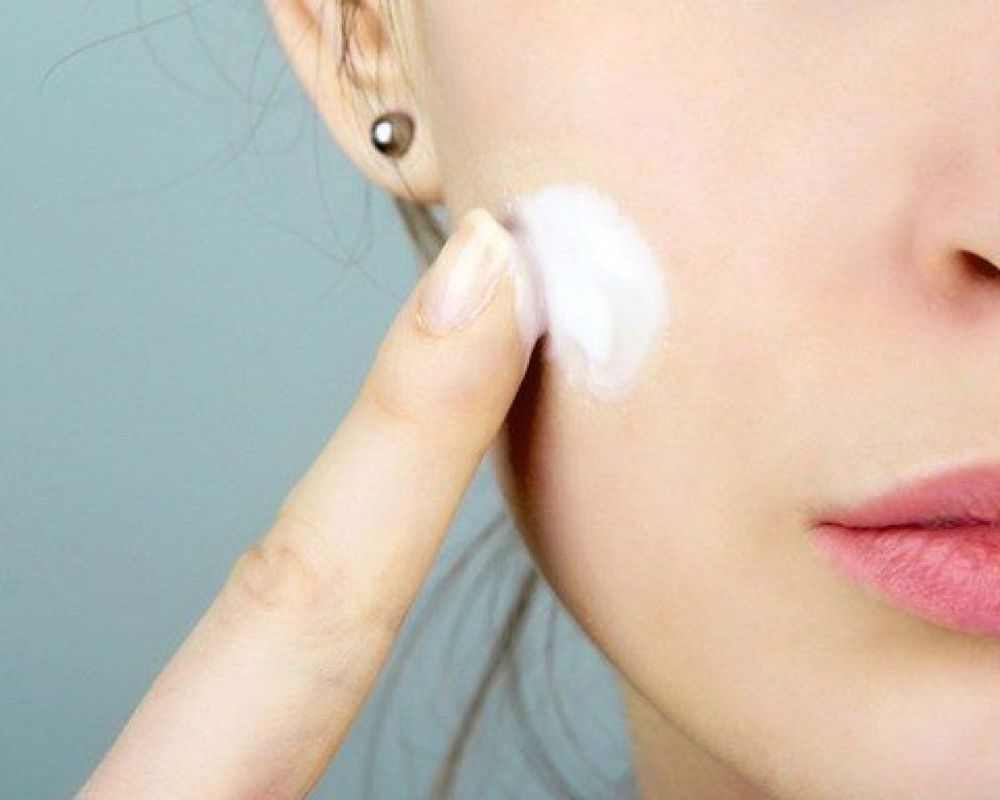
A 2015 study found that oral aspirin can help improve skin inflammation caused by sunburn, Raynaud's syndrome, and skin cancer.
Additionally, a 2002 study showed that topical aspirin was effective in reducing inflammation caused by allergies. The American Academy of Dermatology (AAD) recommends using oral aspirin for sunburn but does not endorse aspirin for treating acne.
2. Is aspirin safe?
Aspirin is not suitable for everyone. Individuals who should avoid taking aspirin include:
- Those who are allergic to NSAIDs
- Pregnant and breastfeeding women (unless prescribed by a doctor for certain conditions such as lupus erythematosus and the prevention of preeclampsia)
- Children and adolescents (due to the risk of Reye syndrome)
Aspirin should also be used with caution in the following cases:
- Asthma
- Allergic rhinitis due to hay fever
- Gastritis

Common unexpected side effects of oral aspirin include stomach irritation and bleeding. Making topical aspirin from tablets yourself can also lead to adverse effects.
In an uncontrolled environment, it is challenging to measure the amount of aspirin that is converted to salicylic acid. Using an inappropriate concentration of salicylic acid can cause skin irritation, excessive dryness, and exacerbate existing skin damage.
Furthermore, applying aspirin on the skin can increase sensitivity to sunlight, leaving skin vulnerable if sunscreen is not used.
Pharmacists advise against taking or preparing aspirin for external use, as improper use can worsen skin damage and heighten the risk of gastrointestinal issues.
Please dial HOTLINE for more information or register for an appointment HERE. Download MyVinmec app to make appointments faster and to manage your bookings easily.
Sources: Medical News Today, Healthline, NIH (National Library of Medicine) and UPMC (University of Pittsburgh Medical Center)



